
Carnegie Mellon University
Posted in EastCarnegie Mellon University in Pittsburgh, Pennsylvania, is a private research institution. It was created by Andrew Carnegie in 1900. The university’s main campus, which is 140 acres, is approximately 3 miles from Downtown Pittsburgh. It has seven independent schools and colleges, including the College of Fine Arts, Tepper School, College of Science, and the School of Computer Science.
History
Philanthropist and industrialist Andrew Carnegie established the Carnegie Technical Schools at the turn over the 20th century. He wanted to open a vocational training school for the children of working-class Pittsburghers. In 1912, the school was changed to the Carnegie Institute of Technology, and began offering 4 year degrees. In 1965, the Carnegie Institute of Technology combined with Andrew Mellon’s Mellon Institute of Industrial Research, and together became Carnegie Mellon University. Under University President Richard Cyert, Carnegie Mellon went through a period of unparalleled development and growth. The research budget soared from about 12 million annually in the early 1970s to 110 million annually near the end of the 1980s. The work of researchers in new fields like software engineering and robotics helped the university build on its reputation for practical problem solving and innovation. It confirmed its status among American universities during the 1990s and 2000s, and has established leadership in many fields, including information systems and management, computation finance, and entertainment technology.
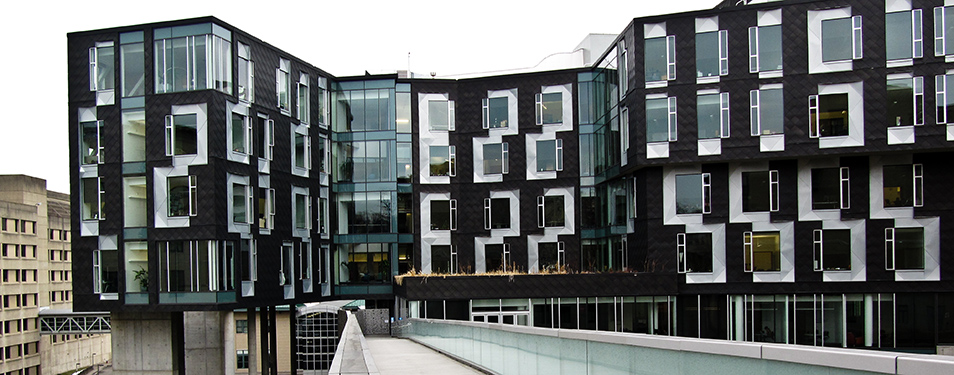
Programs
The Carnegie Mellon Tepper School of Business is ranked by U.S. News as the 19th best Business School in the country. Its Information Systems, Part-time MBA, Production/Operations, and Supply Chain/Logistics departments are all ranked in the top 10 by U.S. News as well. The Tepper School has served as a pioneer of innovative academic models for more than 50 years. The School offers five academic programs, as well as a global executive education program. Undergraduates can receive degrees in either business or economics, and all the graduate programs are available for full or part time study. The Tepper School also created the mini-semester system. MBA Students can choose to study the General Management curriculum, or follow a specialized MBA track (such as Financial Engineering). Carnegie Mellon is also well known for its computer science program. Computer science is the most popular major for graduates (12% of graduates are enrolled in it). The School of Computer Science is one of the world’s premier institutions for computer science education and research. The school offers many different undergraduate programs, including a Bachelor of Science in Computer Science, Bachelor of Science in Computer Science and Arts, Bachelor of Science in Computational Biology, and Bachelor of Science in Music and Technology. Internet search engines and speech recognition software can trace their roots to the collaborative and interdisciplinary Computer Science environment at Carnegie Mellon.
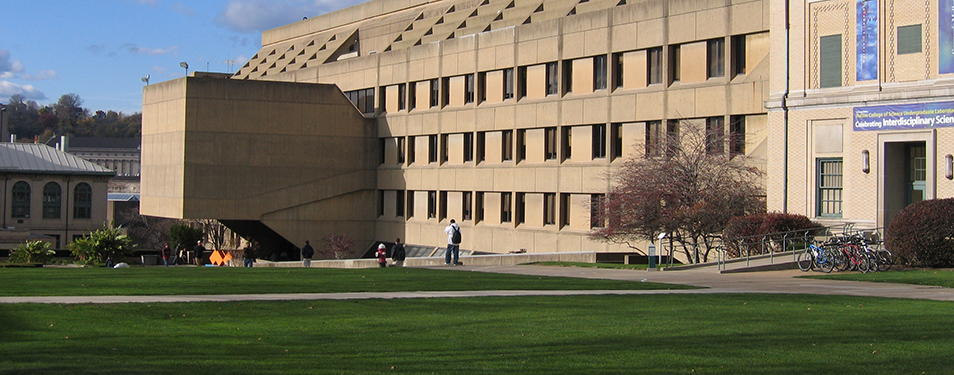
Pros & Cons
Carnegie Mellon University is ranked by U.S. News as the 23rd best university in the United States. It is located in Pittsburgh, which provides many entertainment and dining options. Students can attend sporting events or experience the active Pittsburgh night life. While only freshman are required to live on campus, most students remain on campus for the duration of their studies. This allows students to meet new people each year and develop new relationships. About 1/5 of the student population is associated with Greek life (more than 20 fraternities and sororities). Carnegie Mellon only has a 30.4% acceptance rate, however, making it difficult to get into. It is also expensive – $35 124 for tuition and over $11 000 for room and board.

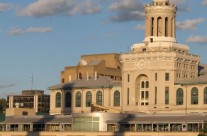 Carnegie Mellon University
Carnegie Mellon University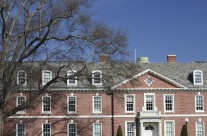 Duke University
Duke University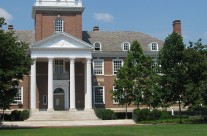 Johns Hopkins University
Johns Hopkins University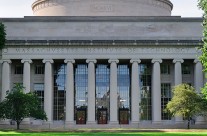 Massachusetts Institute of Technology
Massachusetts Institute of Technology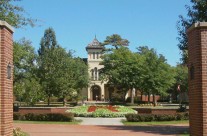 Rutgers University
Rutgers University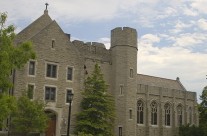 Villanova University
Villanova University